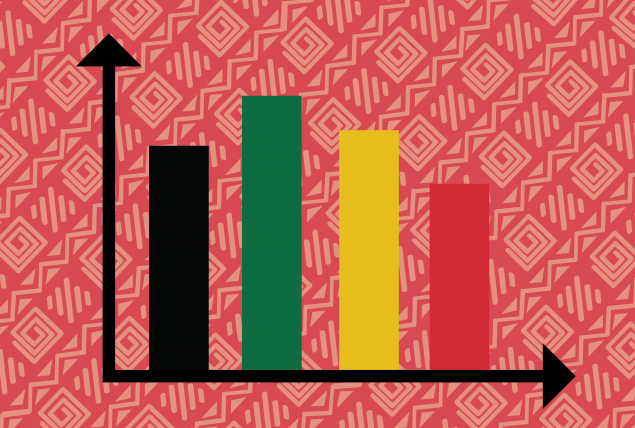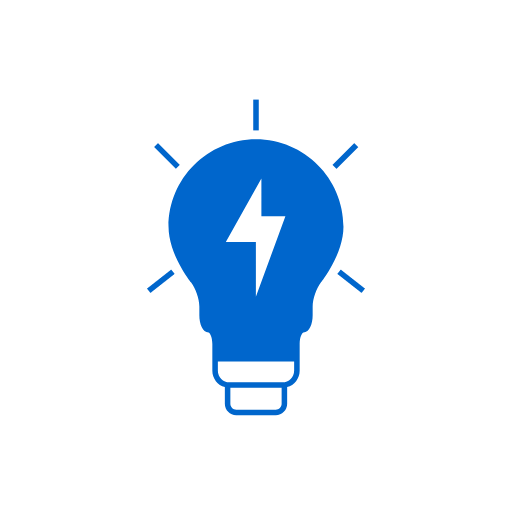
"Just like the roots of redwood trees, people are stronger when they bond together"
Who are we? Link to this section
The Instructional Reform Facilitator (IRF) is a strategic partner to SFUSD principals and a key member of instructional leadership teams in their role as a continuous school improvement coach.
Centrally assigned to schools with high concentrations of students who have been historically underserved, IRFs provide schools with guidance and support around professional capacity systems that support systemic use of data, accelerate student learning, and engage in deliberate dialogue around targeted groups of students. These systems include but are not limited to:
IRFs demonstrate a sense of urgency to attain dramatic gains in student learning and have a deep commitment to equity for all. The hiring and placement of IRFs at specific schools is part of the SFUSD Multi-Tiered System of Support (MTSS) to benefit schools with persistently low performance, high historical teacher turnover, and high rates of segregation, among other factors.
Our Core Beliefs Link to this section
Equity is Action, and the actions we take towards equity are
-
Reduce the predictability of outcomes
-
Interrupt reproductive practices
-
Cultivate unique gifts and talents of students
Theory of Action Link to this section
If we…
- Use data to inform our decisions about teaching and learning
- Provide teachers with professional development that supports the academic and SEL of the students and school academic focus
- Support teams of teachers to use student work, collaborate, and plan for student access and academic success
- Provide individual follow-up and coaching to enhance PD, collaboration, and student data
Then, our most underserved population of students in our schools will graduate prepared to succeed in college, career and life.
This is our theory of action—the actions we believe are our greatest levers to ensure our overall vision of graduating every student ready for college, career and life comes true.
IRF Competencies
Link to this section
Access and Equity
Identify the “why” of our work towards attaining dramatic gains in student learning and eliminating current equity gaps
Establish a foundation for equity; recognize our own racial identity, experiences of privilege and/or oppression, triggers and biases
Cultivate and sustain accountability for historically underserved populations
Identify and examine the role of race, culture, and bias in school outcomes
Collaborate in the development of opportunities to deepen teachers’ knowledge of culturally responsive instructional strategies and their effective use
Support closing of achievement gap, understand the instructional core ( relationship between teacher, students, and content) and the connection to creating classroom conditions where students build the cognitive resources to process information at higher levels
Systems and Structures for Continuous Improvement
Support the school in the establishment and maintenance of effective structures for continuous instructional improvement (e.g., teacher collaboration, instructional leadership teams, results-oriented planning, etc.)
Incorporate current research and educational literature into continuous school improvement
Use a systems approach to identify current state/school context, and steps toward school change
Engage in Continuous Improvement Cycles P.D.S.A (Plan, Do, Study, Act / R.O.C.I. ( Results Orientated Cycles of Inquiry)
Engage in learning and research of change management
Teacher Collaboration and Capacity Building: ( Teacher Teams and Individual Coaching)
Support (Co-plan or facilitate) teacher collaboration so that teachers create SFUSD core curriculum-aligned curriculum maps, plan lessons, and reflect on evidence of student learning
Support school in utilizing Common Core State Standards Instructional Coaching: Organize instructional coaching as a strategic resource to support the development of professional practice as part of a results-oriented cycle of inquiry
Ensure Teacher Collaboration time has an agenda with outcomes, times, norms, and focus on instructional improvement
Coach teachers on individual student learning plans (co-plan, co-teach/model, develop debrief/reflection protocols, locate, create & share resources for classroom use)
Coordinate Instructional Rounds/peer observation -horizontally and vertically (as planned with instructional leadership team )
Professional Development
Support the school with a professional development plan and coaching plan connected to goals of school’s Balanced Scorecard/Strategic Plan identifies the learning goals of its teachers and describes how its resources will achieve these goals
Co-plan and facilitate professional development to support school and teacher vision
Ensure that meeting times are planned in accordance to best practices for adult learning, and topics are in keeping with the school’s goals both instructional and social, and making the connection between the two
Includes student data and teacher input (surveys, feedback, implementation data) in planning and differentiating professional learning
Coplan and facilitate
Strategic Use of Data to Inform Instruction and Planning
Support the Implementation of a balanced assessment system to identify school-wide, grade level, and student level strengths and challenges
Oversee the collection, analysis and use of data to identify student learning assets and needs and support instructional improvement for accelerated growth; actively support classroom teachers in utilizing formative assessments, including school and district level assessments, such as the Math and Writing Milestone Tasks, Fountas and Pinnell and, to inform instruction and accelerate student learning
Support the development and maintenance of school-wide assessment inventory and calendar. Implement a range of comprehensive assessment tools that seamlessly match with curriculum to support rigorous standards-based instruction
Effectively use the SFUSD data management system, Illuminate, to analyze data to inform instruction
Plan and co-facilitate data analysis meetings with teacher collaboration teams, and individual teachers using S.M.A.R.T.E. Goals (Specific, Measurable, Achievable, Realistic, Timely, Equity Centered)
Inform the development and monitoring of the site’s Balanced ScoreCard Support school in learning about Smarter Balanced Assessments
Support School/Teachers in identification and progress monitoring of focal students
New Teacher Support
Provide coaching and support for 2-3 beginning teachers (Either 1-2 induction candidates or interns and 1 ET or 3 ETs) including:
- Weekly coaching sessions with new teachers for an average of 45-60 min per week (or 3 hours a month) per new teacher
- Goal setting around the CSTPs
- Co-teaching, modeling, observations and providing feedback
- Analysis of student work
- Lesson planning
- Attend Coaching PDs, and participate in in-field coach support and development to promote ongoing professional growth and learning
- Complete the documentation of time spent/needed paperwork
IRF Network
Utilize PDSA Cycles (backwards mapping, setting big goals, identifying exemplars of proficiency) to work towards goals
Attend, participate and bring evidence to IRF network meetings
Actively collaborate in professional learning networks with all other centrally funded site based resource personnel
This page was last updated on July 20, 2021





